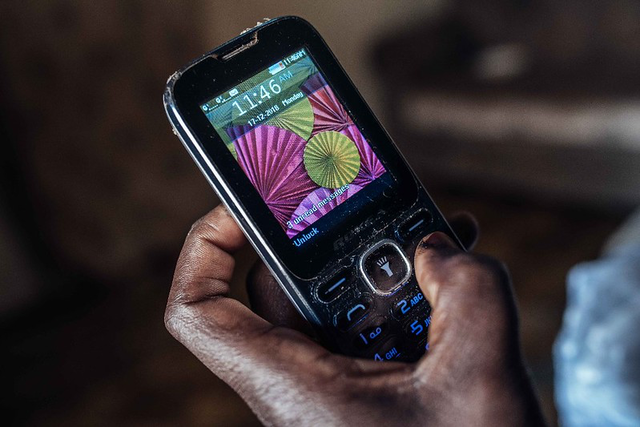How can mobile phones help poor people?
Mobile phones can be used in ICT4D (Information and Communication Technologies for Development) to help poor people.
Mobile phones can be a powerful tool for promoting development and improving the lives of people in developing countries, by providing access to information, opportunities, and services. For example:
- Healthcare: Mobile phones can be used to access health information and services, including telemedicine and other remote healthcare services. This can help to improve access to healthcare, especially for people in remote or underserved areas.
- Education: Mobile phones can be used to access educational resources, including online courses, educational videos, and other materials. This can help to improve the quality of education and expand opportunities for learning.
- Employment: Mobile phones can be used to find and apply for jobs, as well as connect with potential employers and clients. They can also be used to start and run businesses, providing a source of income and economic opportunities.
- Communication: Mobile phones can be used to stay connected with friends and family, and to access news and information from around the world. They can also facilitate the exchange of ideas and facilitate collaboration with others.
- Political participation: Mobile phones can provide a platform for people to engage in political discourse and participate in the democratic process, helping to promote transparency and accountability in governance.
Apply for $140,000 GSMA mWomen Innovation Fund Grants
The GSMA mWomen team is delighted to announce the launch of the fourth round of Innovation Fund grants. The goal of the NGO grants is to provide seed funding for...
IKEA is My Teacher for mEducation Application Development
I am Mike Dawson of Paiwastoon and I’ve spent 6 years working with Education Technology in Afghanistan. There is of course no shortage of challenges with...
3 Factors Required for Success with Mobile Technologies for Development
Innovation and Best Practice in Mobile Technologies for Development is a review of innovation in the ICT entrepreneurship/mobile internet/mobile related applications...
3 Steps for Microsoft + Nokia Success in Africa
Its hardly news now that Microsoft dropped a relatively modest US$ 7.2 Billion to acquire Nokia’s handset and software services business as well as some patents...
Scaling the Use of Mobile Technologies for Development
According to the latest GSMA statistics, nearly 50% of people own a mobile phone in the developing world and almost 70% have access to mobile phones. With mobile...
Please RSVP for Mobiles! What Have We Learned? Where Are We Going?
Over the last decade, as mobile technologies have become more ubiquitous, they have moved from the fringes of international development activities into core platforms...
A 20 Percent Tax on Mobile Phones: What is Ghana’s Parliament Thinking?
I am not Ghanian. I do not live in Ghana. So maybe I am missing something obvious. But I am very confused as to why Ghana’s Parliament passed a bill to re-impose...
How Can Mobile Services Improve Youth Employment Opportunities?
According to the UN, there are 75 million unemployed youth globally, making youth unemployment one of the biggest challenges for both developing and developed...
Is Your Project Ready to Launch, Scale or Partner? Present at the mEducation Alliance Symposium
3rd Annual Mobiles for Education (mEducation) Alliance
International Symposium:
2013- Commit Fair for Project Scaling
October 15-16, 2013
Washington, DC
Session...
Why is the Quality of Kenyan Apps Going Down?
I am Kennedy Kachwanya and I think the quality of the apps being created has gone down. Recently I attended Microsoft Imagine Cup competition and I left the...










